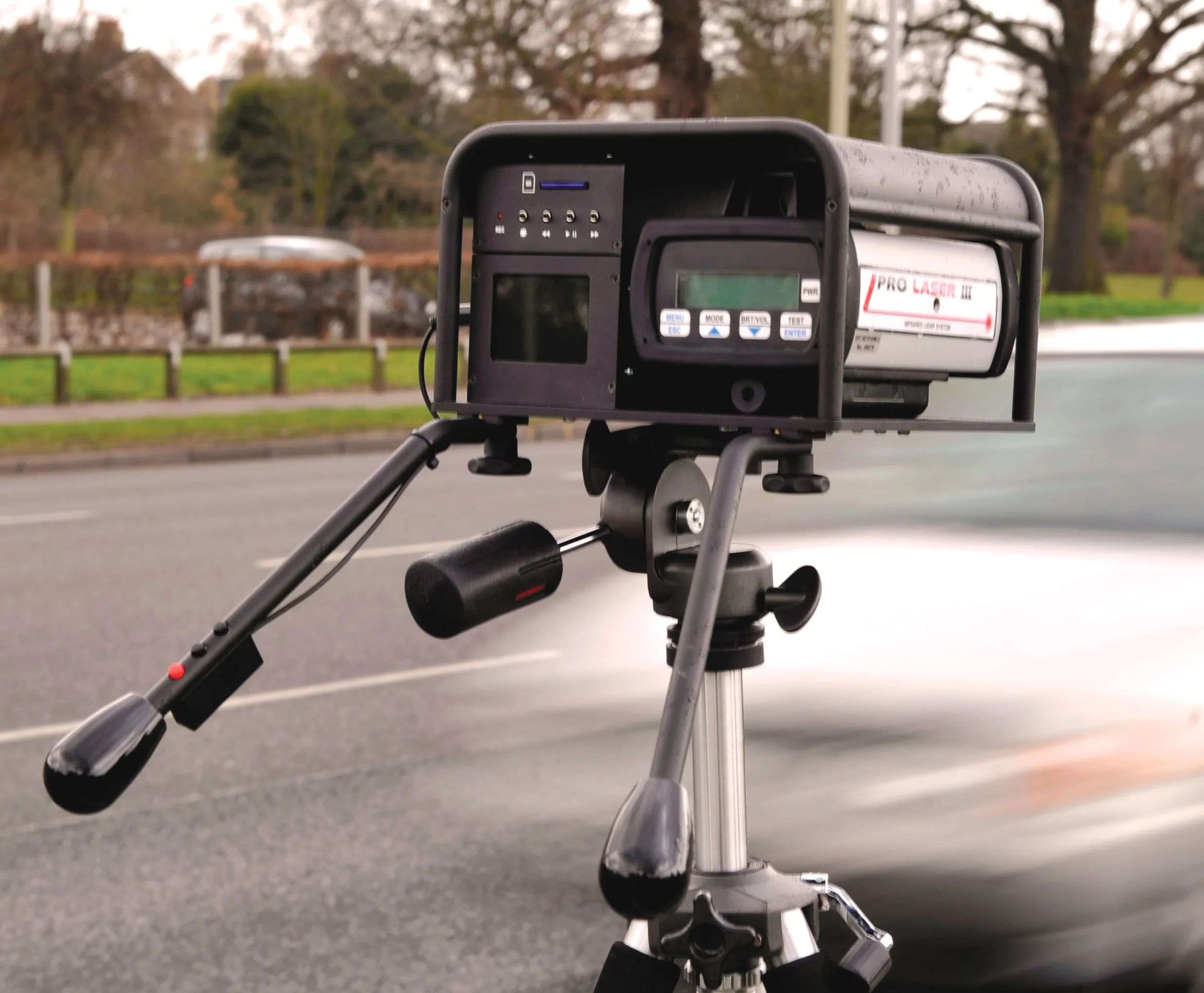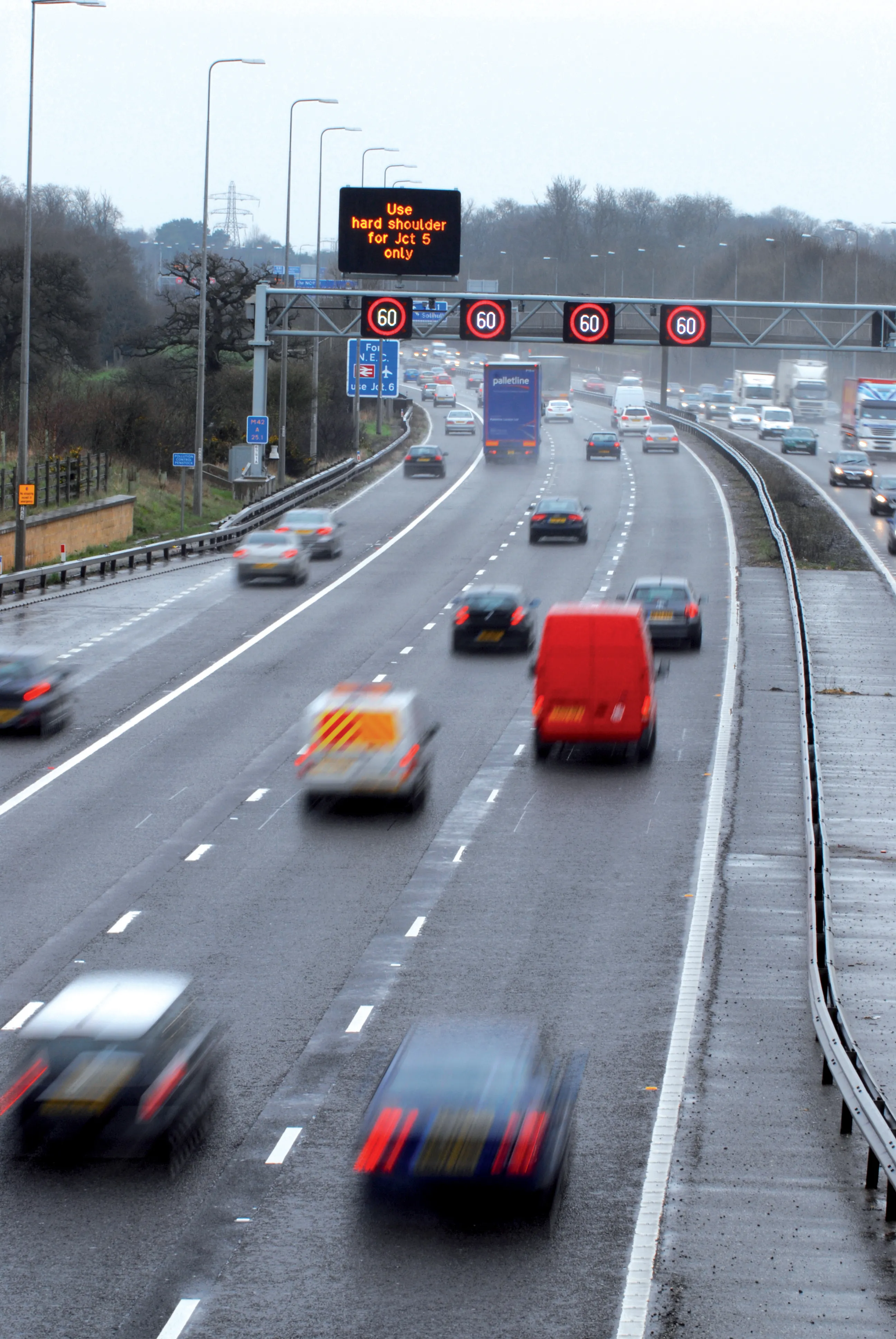The EU Human Rights Court has ruled in favour of two drivers who received traffic tickets from French authorities, but were not provided the means to contest them. Both men paid the fine required and one lost a point off his driver's permit. Both called for the reimbursement of the fine.
March 19, 2012
Read time: 2 mins
The 1116 European Union Court of Human Rights has ruled in favour of two drivers who received traffic tickets from French authorities, but were not provided the means to contest them. Both men paid the fine required and one lost a point off his driver's permit. Both called for the reimbursement of the fine.
The EU court did not order that the fine or the point be reimbursed claiming that it was not competent in the matter of French driving law and that it could only review the fine reimbursement if the two drivers had been allowed access to judicial proceedings.
One driver claimed that he could not recognise himself as the driver of the vehicle without photographic evidence. The other said that he was not driving the vehicle during the infraction. An officer in the case threw out their demands and called for the fine to be paid.
In its defence, according to the French constitutional council, the lack of access to judicial recourse is not constitutional.
The EU court has also ruled that the officer exceeded his authority in demanding the fine.
The EU court did not order that the fine or the point be reimbursed claiming that it was not competent in the matter of French driving law and that it could only review the fine reimbursement if the two drivers had been allowed access to judicial proceedings.
One driver claimed that he could not recognise himself as the driver of the vehicle without photographic evidence. The other said that he was not driving the vehicle during the infraction. An officer in the case threw out their demands and called for the fine to be paid.
In its defence, according to the French constitutional council, the lack of access to judicial recourse is not constitutional.
The EU court has also ruled that the officer exceeded his authority in demanding the fine.







